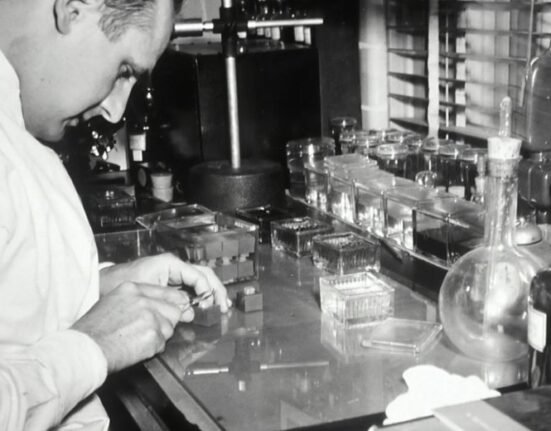HQ Team
November 18, 2023: The Food and Drug Administration (FDA) has green-lighted Astellas Pharma’s prostrate cancer drug Xtandi five weeks ahead of the scheduled approval date.
The US-based company’s enzalutamide treatment is meant for non-metastatic castration-sensitive prostate cancer with biochemical recurrence at high risk for metastasis, according to an FDA statement.
The FDA nod, under the expedited development and review program, is for a supplemental New Drug Application for Xtandi (enzalutamide) based on results after the final trials, according to an Astellas statement.
“More than 300,000 men in the US have been prescribed Xtandi, and we are excited to have this approval expand the indication for the first time into an earlier setting of the disease,” said Chris Boshoff, MD, PhD, Chief Oncology Research and Development Officer and Executive Vice President at Pfizer.
Commercial agreement
In October 2009, Medivation Inc., part of Pfizer and Astellas entered into a commercial agreement to jointly develop and commercialise Xtandi in the US.
Astellas has the responsibility for manufacturing and additional all regulatory filings globally as well as commercialising the product outside the US.
Pfizer receives alliance revenues as a share of the US profits and gets royalties on sales outside the US.
The drug’s efficacy was evaluated in a clinical trial of 1,068 prostate cancer patients. “The major efficacy measure was metastasis-free survival, assessed by blinded independent central review, for enzalutamide plus leuprolide compared to placebo plus leuprolide.”
Metastasis-free survival for enzalutamide monotherapy compared to placebo plus leuprolide and overall survival were additional efficacy outcome measures, according to the FDA.
Project Orbis
The most common adverse reactions in patients who received enzalutamide plus leuprolide were hot flush, musculoskeletal pain, fatigue, fall, and haemorrhage.
The recommended enzalutamide dose is 160 mg administered orally once daily with or without food until disease progression or unacceptable toxicity.
A review was conducted under Project Orbis, an initiative of the FDA Oncology Center of Excellence. Project Orbis provides a framework for concurrently submitting and reviewing oncology drugs among international partners.
For the review, FDA collaborated with Health Canada, and Switzerland’s Swissmedic. The application reviews are ongoing at the other regulatory agencies.
For men who have undergone definitive prostate cancer treatment, including radical prostatectomy, radiotherapy, or both, an estimated 20-40% will experience biochemical recurrence within 10 years.
Emotional toll
About nine out of 10 men with high-risk recurrence will develop metastatic disease, and one in three will die as a result of their metastatic prostate cancer.
“For patients who were previously treated for prostate cancer and had achieved remission, only to later receive the distressing news of disease recurrence with a risk of metastasis, the emotional toll can be profound,” said Courtney Bugler, President and CEO of Zero Prostrate Cancer.
“This approval of Xtandi is a promising treatment option for the community, offering a ray of hope to patients and their caregivers during these challenging times.”








